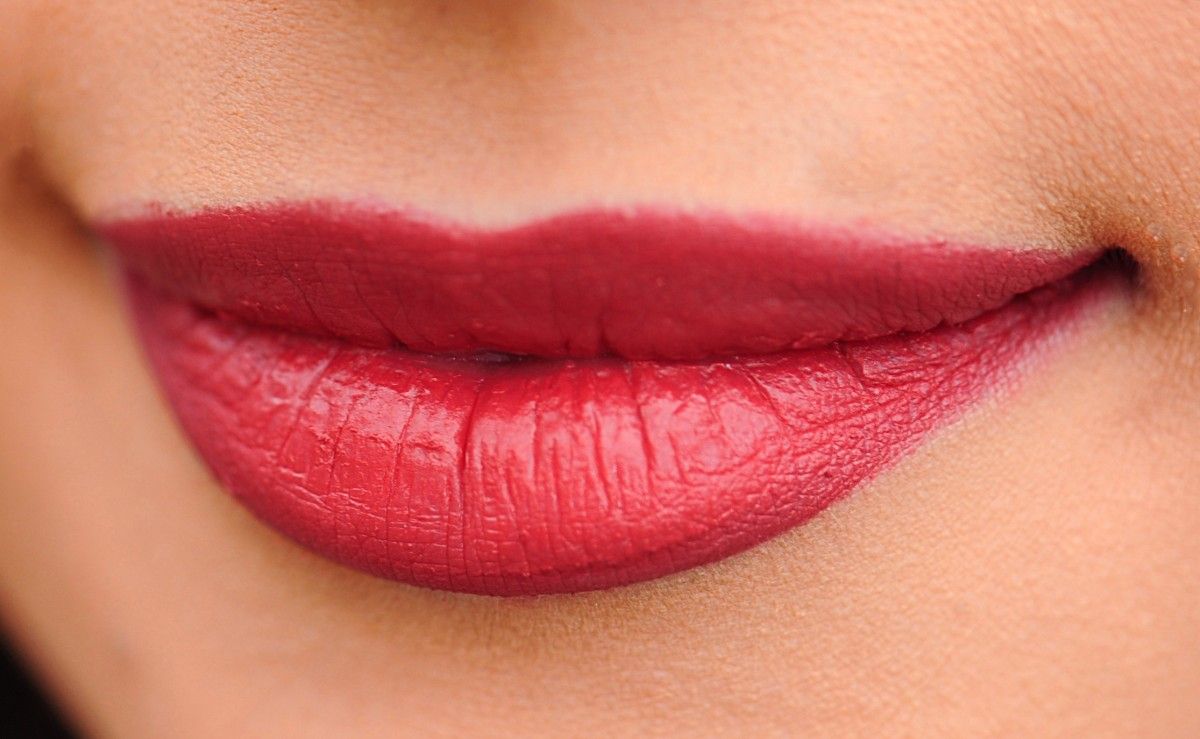
‘WARNING: May contain crippling insecurity, self-depreciation, desire for a flatter stomach and an insatiable craving for a life of no work, endless ‘skinny teas’ and mini-breaks’ – that’s what the Instagram user’s manual would say in small print, should the authors ever decide to be so conscientously honest .
Unfortunately, social media does not come with a user’s manual, dosage instructions or a little pamphlet listing potential side effects of constantly refreshing your apps (often immediately after closing the very same one, if your brain has been reduced to a little white bird shaped mush like mine).
In today’s social media-consumed culture, the world is smaller than it has ever been. Everyone knows everyone’s business – and if you don’t, it’s usually not hard to find out. With the ever-growing, all-encompassing phenomena that are Instagram, Twitter and Snapchat dominating and dictating, whether or not we realise it, most of what we think, say and do, it is absolutely crucial to be social media savvy. If, like me, you can barely make it through the hour without a quick fix of Instagram or Twitter, it is fundamental to be a critical user – one who is able to disengage and recognise that it is not real life.
In its early years, Instagram was a fun, harmless place full of low-quality pictures of dogs and brunch. I remember all too well the feeling of unprecedented fame when my photo reached double digit likes. Now, it is completely monopolised by what feels like a never-ending mob of influencers and reality stars, inundating us with the latest teeth-whitening and weight loss craze.
As much as your favourite insta ‘it’ girl would like to have you believe that a certain body shape or luxurious lifestyle is desirable and attainable for everybody, it isn’t. Nine times out of ten they are getting paid to sell the latest money-burning fads to the biggest demographic on the insta-market – impressionable young people with a vulnerable sense of self-esteem.
Instagram feels too much like a competition, and not the healthy kind – who has the best abs, the longest hair, the most aesthetically pleasing cocktails, the most ‘goals’ relationship. And it’s all for the approval of others.
Don’t get me wrong, I am no exception. I, like many people my age, have a habit of spending forever getting the right pose, the right angle, the right filter, just to feel validated by a few cyber-likes. But every now and then I realise I need a reality check and remember that there is more to life than social media, otherwise I feel myself getting too hung up on it.
Feeling pretty and taking a nice picture can be good for the ego, but anyone who says that it isn’t intrinsically motivated by the prospect of a ‘popping’ online response is either lying, in denial, or incredibly good at resisting societal pressures.
In the 24-hour period it took me to write this, I’ve seen at least two dozen people posting pictures using Instagram’s newest hyped-up filters. You can have Hollywood-style surgical enhancement, full-on Pete Burns caricature-esque facial reconstruction, and one, arguably the favourite, that gives you just the right balance of cheek filler, plumped-up lips, air brushed skin, and a load of pink dollar signs chucked all over your face – because why wouldn’t we want that? As bizarre as they may sound, these insta-filter makeovers are gathering incredible momentum. They’re just a bit of fun, some might say, and I agree, but I can’t help but dwell on how they represent something bigger.
75% of all Instagram users are aged 18-24, and 32% of US teens reported Instagram to be their most important form of social networking. This is arguably the most critical age for establishing your self-image, your aspirations, figuring out your own repertoire and who you are. That is challenging enough as it is, let alone with the constant attack of portrayals of the perfect life you wish you had, just waiting for you the moment you unlock your phone.
A recent report in the US suggested that filtered images, like the ones mentioned above, are “blurring the line of reality and fantasy” and could be triggering body dysmorphia – and I couldn’t agree more. It’s almost like we are being teased with the prospect of what we could look like if we were just that bit skinnier or had that procedure, and that plants a seed in our heads. I’m all for altering your looks if you’re unhappy, but, as I’m sure many would agree, I can’t shake the feeling that much of the unhappiness wouldn’t exist if it wasn’t for the influence of social media.
Instagram, or any social media for that matter, should be a positive place for people to celebrate life, voice opinions and share selfies without it having to accumulate into this massive hyper-speculation that we rely on for self-validation. The image-obsessed culture we live in is not going to simmer down, beauty standards are constantly evolving and there’s always going to be the newest Instagram beauty trend backed by a group of ex-Love Islanders bombarding you with the notion that you HAVE to have it – you’ll feel like a new person!
Embrace the person you are, learn to dissociate what you see on a phone screen from what is real and happening around you now. Social media should be enjoyable – we just have to learn to use it critically and mindfully, or it will use us!







